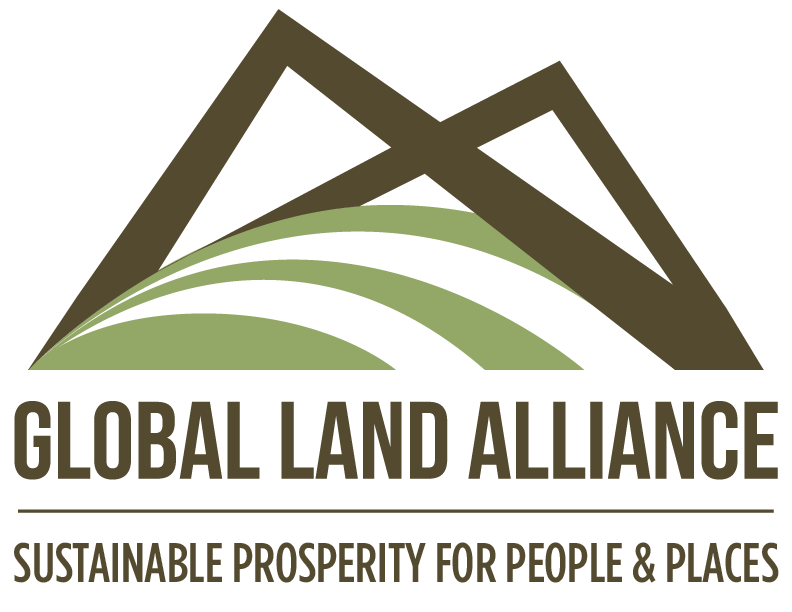FAO and Global Land Alliance Publish “Collective tenure rights and climate action in sub-Saharan Africa”
Collective tenure rights and climate action in sub-Saharan Africa What are priority investments in rights to achieve long-term sustainability of forest areas?
Permanent linkhttps://openknowledge.fao.org/handle/20.500.14283/cd3435en
To cite or sharehttps://doi.org/10.4060/cd3435en
Synopsis (short abstract)The study on collective tenure rights and climate action in sub-Saharan Africa aims to consolidate and analyse the state of the evidence on how tenure arrangements – in particular collective ownership and management of forests operating in complex systems of contingent factors – impact forest condition outcomes, as well as livelihood outcomes of forest dwellers in sub-Saharan Africa. Based on this evidence, it also presents guidance on actions that can improve these environmental and livelihood outcomes in forest areas. In recent years, growing evidence has documented the contributions to climate change mitigation of lands and forests held under collective tenure by local communities and Indigenous Peoples, and more broadly their contributions to natural resource conservation and increased resilience. Africa is an important region for the recognition of collective rights to forests. Taking collective tenure fully into account is critical for climate action and livelihoods because forms of collective tenure and use rights are the predominant basis for the ownership, control and use of most forests in Africa.With the opportunity presented by increased international attention to the roles of community governance in combating climate change, it is urgent that the evidence base for tenure-forest relationships in sub-Saharan Africa be rapidly assessed and expanded. Assessments should include careful consideration of the roles of contingent factors, as well as agendas for strategic action in the short and medium term, based on this evidence. The costs of inaction are substantial: deforestation and land degradation are accelerating across the African continent, and many high-value forests that were stable in previous decades are now threatened. This trend highlights the need to focus support on the occupant communities who are the stewards of these globally important landscapes and can play a central role in on-the-ground forest conservation.
Cite this content as:
Sander, L., Childress, M., Corcoran, C. & Kimaren ole Riamit, S. 2025. Collective tenure rights and climate action in sub-Saharan Africa – What are priority investments in rights to achieve long-term sustainability of forest areas? Rome, FAO.
https://doi.org/10.4060/cd3435en
Read on Google Books and buy online
Language: English
Year of publication 2025
Place of publicationRome, Italy ;
Pages 120 p.
Author Sander, L.; Childress, M.; Corcoran, C.; Kimaren ole Riamit, S.;
Publisher FAO ;
Product type Book (stand-alone)
ISBN 978-92-5-139400-7

